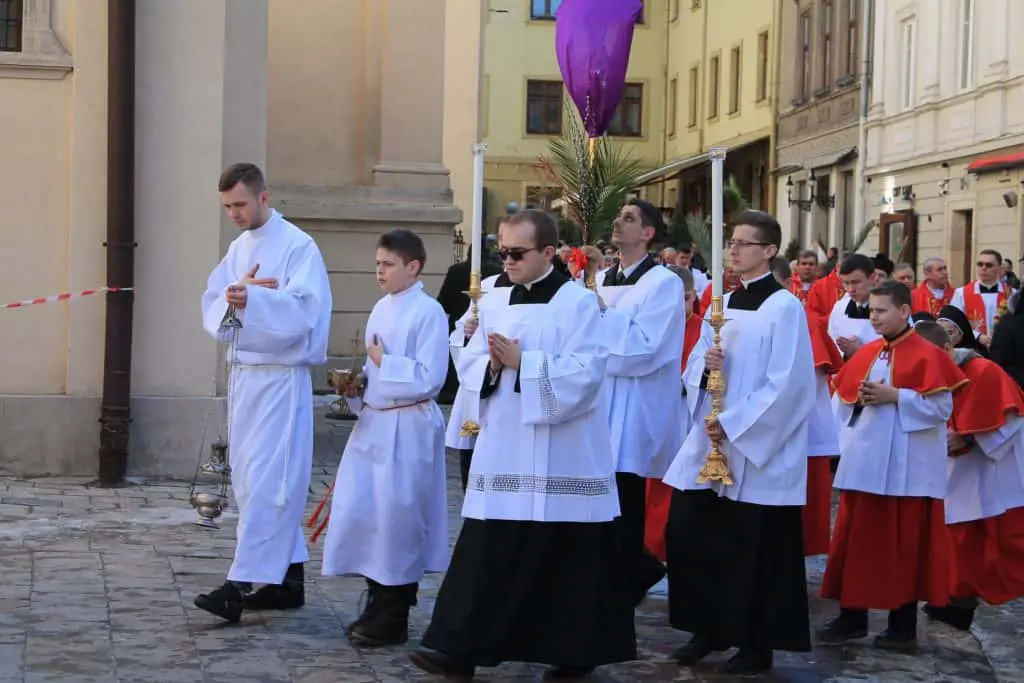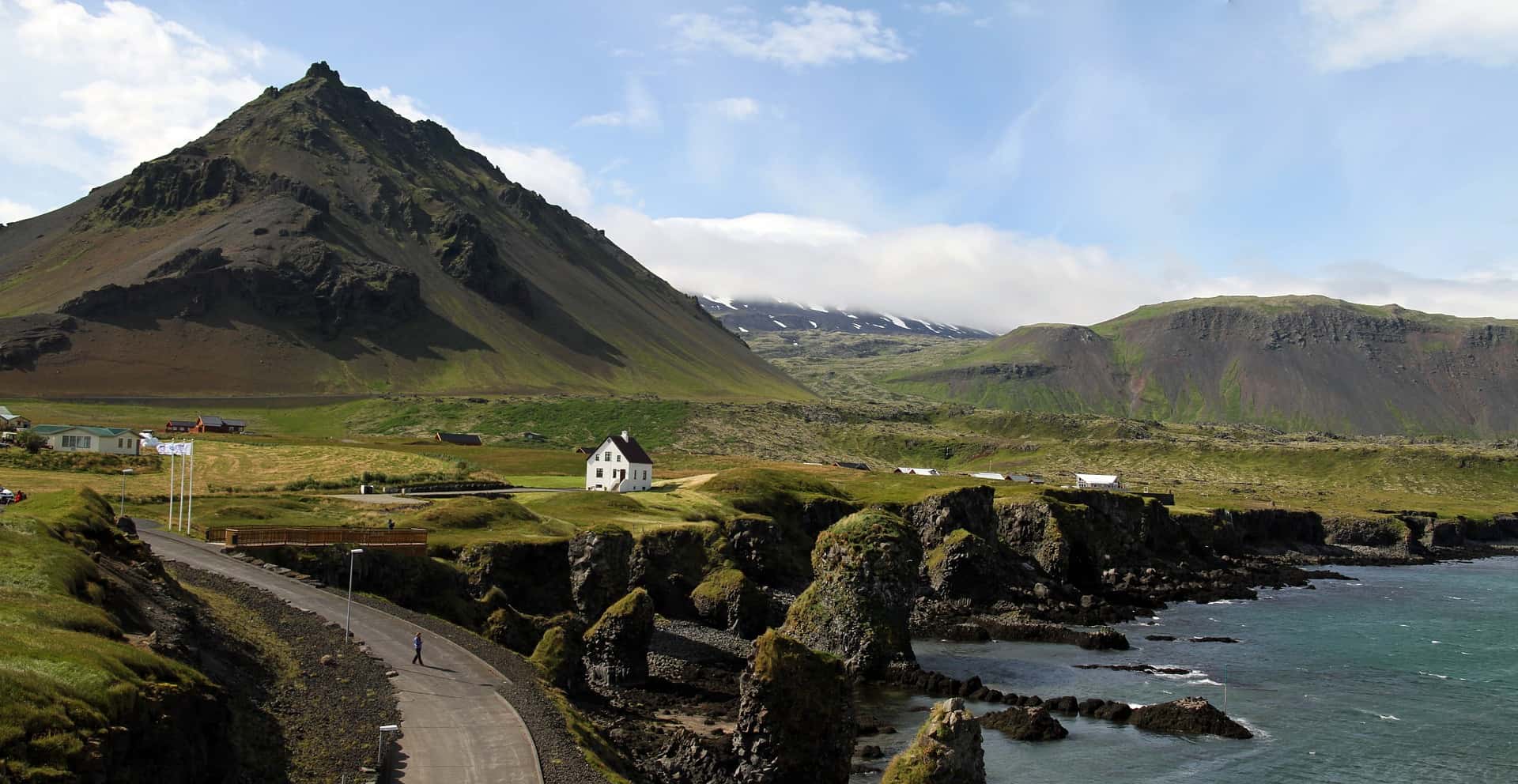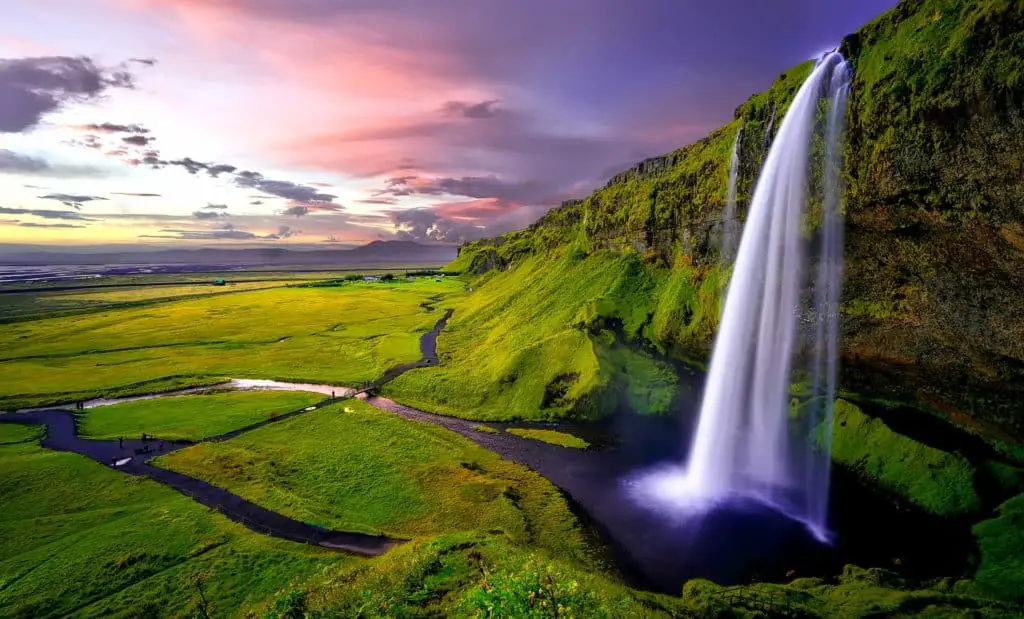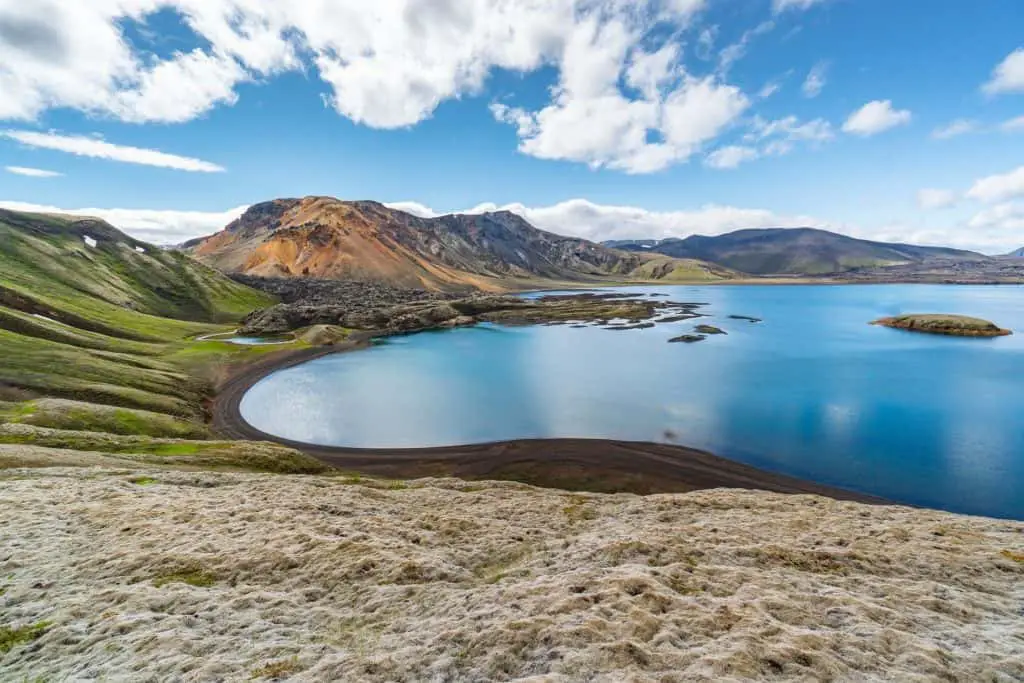The first time anyone hears the name Iceland, what comes to the mind is snow and ice. The brain quickly clicks that this must be an extremely cold country; a refrigerator of sorts. True to its name and whatever idea any one picks from it, Iceland is a cold country. Not so many immigrants from the warmer countries prefer to live in Iceland.
So apart from the temperature experienced over Iceland, what stands out for someone planning a move to Iceland? Although referred to as a Nordic country, Iceland is also considered Scandinavian by virtue of historical, cultural, and linguistic ties to the original Scandinavian countries.
Iceland is an island country in the North Atlantic, with its largest city Reykjavík as its capital. Reykjavík and the surrounding areas in the southwest of the country are home to over two-thirds of the population.
Geography of Iceland
Geologically and volcanically, Iceland is quit active. It consists of a plateau characterised by mountains, glaciers, sand and lava fields and many glacial rivers that flow to the sea following the lowlands which is responsible for its temperate climate.
The Gulf Stream also provides mild climate which makes the country one of the northernmost inhabited places on the planet.
History of Iceland
More than 1,000 years ago, Iceland was founded during the Viking age of exploration. The country was settled by a mixed Celtic and Norse population. The early settlement is made up of the Norwegian seafarers and adventurers which led further excursions to Greenland and Vinland, the coast of North America.
Iceland is about 500 miles from Scotland and Europe’s nearest neighbor. It has played a big part in European civilization throughout its history. Its greatest literary achievements of the Middle Ages is the Icelandic sagas, which recount the heroic events that took place when the island was being settled.
Cultural Life in Iceland
Icelanders have a rich and varied culture. Well known for its writing heritage which started in the 12th century and several traditional arts such as wood carving, silver crafting, and weaving.
Iceland has a cultural environment that supports various cultural activities like professional theatres, museums, art galleries, opera, bookstores, symphony orchestra, and cinemas. It also holds an annual international art festival.

Government of Iceland
The Constitution of Iceland was adopted in 1944. It established a parliamentary democracy with an elected president as its head of state.
The president’s powers are likened to those of the head of state in the western European democracies. However, the actual power rests with the parliament of 63-member called the Althingi (Althing).
Iceland runs a unicameral legislation and one of the oldest legislative assemblies in the world, where members serve four-year terms until new elections are called by the parliament.
The executive branch of government is overseen by a cabinet that must hold the majority support in parliament and avoid censure unless it must resign. Also, citizens are assured of the civil rights like is found in Western democracies.
Economy of Iceland
The economy of Iceland to a great extent is based on fishing and the production of a broad variety of fish products. However, it also includes manufacturing and other services. Anyone who has moved to Iceland must ordinarily be ready to work hard, earn a living and improve the society.
As soon as you set base in Iceland, it behooves you to get over some thoughts you had about the country and embrace the reality. To see more ways on how to deal with nudging immigrant expectations and surprises in Iceland, check this out.
Exports contributes to two-fifths of the gross national product, despite the small population of Iceland, the economy is modern, and the standard of living can be compared with that of other top European countries.
Religion in Iceland
There is freedom of religion in Iceland. The dominant religion since the mid-16th century has been the Lutheran faith and approximately two-thirds of the population belongs to the Evangelical Lutheran church supported by the state.




